Understanding Stem Cell Treatment for Alzheimer's in the Emirates
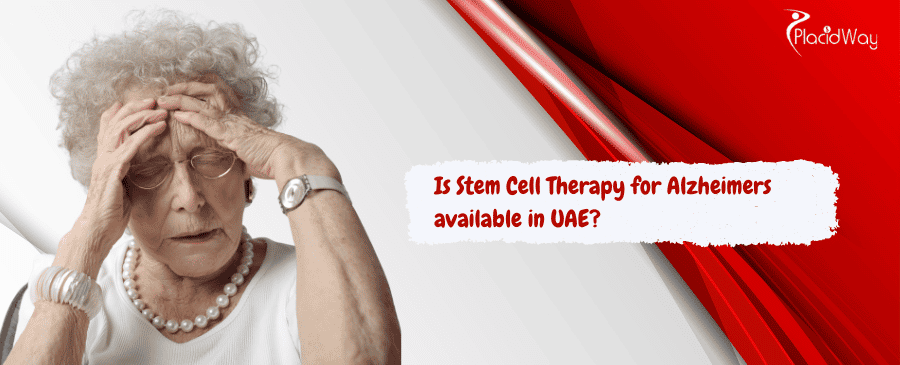
Alzheimer's disease is a progressive neurodegenerative disorder that gradually destroys memory and other important mental functions. As the global population ages, the prevalence of Alzheimer's is increasing, leading to a desperate search for effective treatments. Traditional approaches often focus on symptom management, but advancements in stem cell therapy offer a promising new avenue for addressing the underlying pathology of the disease. The United Arab Emirates (UAE) has positioned itself as a hub for medical innovation, including regenerative medicine, making it a key location for exploring these cutting-edge treatments. This blog post aims to provide comprehensive answers to common questions about the availability, safety, and specifics of stem cell therapy for Alzheimer's in the UAE.
Is Stem Cell Therapy for Alzheimer’s Currently Approved for Widespread Clinical Use in the UAE?
"While stem cell therapy for various conditions is regulated in the UAE, widespread clinical approval specifically for Alzheimer's disease is generally still within the realm of clinical trials and specialized, controlled applications."
The UAE, particularly Abu Dhabi and Dubai, has made significant strides in regulating and fostering regenerative medicine. The Department of Health (DoH) in Abu Dhabi and the Dubai Health Authority (DHA) have established guidelines for stem cell therapies and products. However, for a complex neurodegenerative disease like Alzheimer's, many applications are still considered experimental and are often conducted under strict research protocols or compassionate use programs. This means that while clinics may offer stem cell treatments for various conditions, directly marketing a "cure" for Alzheimer's with widespread clinical approval is not yet the norm. Patients should expect that treatments for Alzheimer's may still be part of ongoing studies to evaluate safety and efficacy.
What Types of Stem Cells are Used for Alzheimer's Treatment in the UAE?
"In the UAE, mesenchymal stem cells (MSCs), often derived from umbilical cord tissue, adipose (fat) tissue, or bone marrow, are the most commonly used type of stem cells explored for Alzheimer's disease treatment."
Mesenchymal stem cells (MSCs) are favored due to their immunomodulatory, anti-inflammatory, and regenerative properties. These cells have the ability to differentiate into various cell types, promote tissue repair, and secrete growth factors that support neuronal health. Research suggests that MSCs can help reduce inflammation in the brain, clear amyloid-beta plaques (a hallmark of Alzheimer's), and improve synaptic function. While other types, such as induced pluripotent stem cells (iPSCs), are being researched, MSCs are currently the most accessible and widely applied in clinical settings and trials in the UAE for neurodegenerative conditions.
How is Stem Cell Therapy Administered for Alzheimer's in the UAE?
"Stem cell therapy for Alzheimer's in the UAE is typically administered intravenously (IV) or, in some research settings, intrathecally (into the spinal fluid) to allow the cells to reach the central nervous system."
The choice of administration route depends on the specific protocol and the type of cells being used. Intravenous infusion is a common method, allowing the stem cells to circulate throughout the body and potentially cross the blood-brain barrier to exert their therapeutic effects. Intrathecal injection, directly into the cerebrospinal fluid, is a more invasive method but can ensure a higher concentration of stem cells directly within the central nervous system, which may be beneficial for targeting brain pathology more directly. Clinics will determine the most suitable method based on the patient's condition and the therapy's objectives.
What are the Potential Benefits of Stem Cell Therapy for Alzheimer's?
"Stem cell therapy for Alzheimer's disease holds the potential to reduce neuroinflammation, promote neuronal regeneration, improve cognitive function, and slow the progression of the disease."
The potential benefits are rooted in the regenerative and immunomodulatory properties of stem cells. By reducing chronic inflammation in the brain, stem cells can help to protect existing neurons from further damage. They may also secrete neurotrophic factors that support the growth and survival of new neurons, potentially helping to restore lost neural connections. Patients participating in trials have reported improvements in cognitive functions such as memory, attention, and executive function, as well as a general improvement in their quality of life. However, it's crucial to understand that these are still potential benefits under investigation, and individual results can vary significantly.
What are the Risks and Side Effects of Stem Cell Therapy for Alzheimer's?
"While generally considered safe, potential risks of stem cell therapy for Alzheimer's can include infection, immune reaction, tumor formation (though rare with MSCs), and complications related to the administration procedure."
As with any medical procedure, stem cell therapy carries some inherent risks. Infections at the injection site are a possibility, though sterile techniques are rigorously followed to minimize this. While the immune reaction is less common with autologous (patient's own cells) or well-matched allogeneic (donor cells) MSCs, it remains a consideration. The risk of tumor formation is a theoretical concern, particularly with pluripotent stem cells, but it is extremely rare with the multipotent MSCs typically used. Other potential side effects include temporary pain, swelling, or bruising at the injection site, and in rare cases, systemic reactions like fever or headache. Clinics in the UAE adhere to strict regulatory guidelines to ensure patient safety and minimize these risks.
How Much Does Stem Cell Therapy for Alzheimer's Cost in the UAE?
"The cost of stem cell therapy for Alzheimer's in the UAE can vary significantly, ranging from tens of thousands to hundreds of thousands of AED, depending on the clinic, the type and number of stem cells used, and the treatment protocol."
Stem cell treatments are often expensive due to the specialized equipment, highly trained medical staff, and rigorous processing required for stem cell preparation and administration. The exact cost will depend on factors such as the source of the stem cells (autologous vs. allogeneic), the number of treatment sessions required, and any additional therapies or follow-up care included in the package. Patients should always obtain a detailed cost breakdown from the clinic and understand what is included before committing to treatment. It's also important to note that stem cell therapy for Alzheimer's is often not covered by standard health insurance, as it's still considered experimental in many cases.
How Long Does the Stem Cell Therapy Procedure for Alzheimer's Take?
"The duration of the stem cell therapy procedure for Alzheimer's can vary, with the actual infusion often taking 1-2 hours, but the overall process, including preparation and monitoring, may span several days or multiple sessions over time."
The initial consultation and evaluation can take some time, involving comprehensive medical history review, diagnostic tests, and personalized treatment planning. The harvesting of autologous stem cells (if applicable) can be a separate procedure. The actual administration of stem cells via IV infusion is relatively quick, typically lasting an hour or two. However, patients may need to remain at the clinic for post-treatment monitoring to ensure there are no immediate adverse reactions. Many stem cell therapy protocols involve multiple sessions spread over weeks or months to achieve optimal results, meaning the entire treatment journey can be prolonged.
What is the Recovery Process Like After Stem Cell Therapy for Alzheimer's?
"The recovery process after stem cell therapy for Alzheimer's is generally minimal, with most patients experiencing little to no downtime and able to resume normal activities within a day or two, though some may have mild, temporary side effects."
Since stem cell therapy is often minimally invasive, particularly with IV infusions, the recovery is usually straightforward. Patients might feel some fatigue or mild discomfort at the injection site, but these symptoms typically resolve quickly. Clinics usually provide post-treatment instructions and schedule follow-up appointments to monitor progress and address any concerns. The long-term recovery and potential for sustained improvement depend on the individual's response to the therapy and the progression of Alzheimer's disease.
How Do I Find a Reputable Clinic for Stem Cell Therapy for Alzheimer's in the UAE?
"To find a reputable clinic for stem cell therapy for Alzheimer's in the UAE, look for facilities that are licensed by the Department of Health (DoH) in Abu Dhabi or the Dubai Health Authority (DHA), have experienced medical professionals, and can provide transparent information about their protocols and patient outcomes."
It is crucial to conduct thorough research. Check for clinics that specialize in regenerative medicine and have a strong focus on patient safety and ethical practices. Look for facilities with a track record of successful treatments in general stem cell therapy, and inquire specifically about their experience with neurodegenerative diseases like Alzheimer's. Reputable clinics will be transparent about their regulatory compliance, the types of stem cells they use, their administration methods, and the scientific basis for their treatments. Always be wary of clinics that make exaggerated claims or promise guaranteed cures. Consulting with your existing healthcare provider for recommendations can also be helpful.
What are the Regulatory Standards for Stem Cell Therapy in the UAE?
"The UAE has established robust regulatory frameworks for stem cell therapy, primarily through the Department of Health (DoH) in Abu Dhabi and the Dubai Health Authority (DHA), which oversee the licensing, standards, and ethical considerations for regenerative medicine."
These authorities ensure that stem cell research and clinical applications adhere to international best practices and ethical guidelines. They regulate the procurement, processing, storage, and administration of stem cells. This includes specific standards for facilities, personnel qualifications, quality control, and patient safety. While the regulatory landscape is continuously evolving to keep pace with scientific advancements, the UAE is committed to fostering innovation responsibly. Patients should confirm that any clinic they consider is fully compliant with these local regulations, ensuring a higher level of safety and accountability.
Is Stem Cell Therapy a Cure for Alzheimer's Disease?
"No, stem cell therapy is not currently considered a cure for Alzheimer's disease, but it is a promising area of research with the potential to slow progression, improve symptoms, and enhance the quality of life for patients."
Alzheimer's is a complex and progressive disease, and while stem cell therapy offers significant hope by targeting underlying mechanisms like neuroinflammation and neuronal degeneration, it has not yet demonstrated the ability to completely reverse or halt the disease. Instead, the goal of current stem cell treatments is to mitigate the damage, improve brain function, and alleviate symptoms, thereby improving the patient's overall well-being. Ongoing research and clinical trials are continuously working towards a definitive cure, but for now, stem cell therapy is a significant step forward in managing the condition and offering new possibilities.
How Does Stem Cell Therapy Compare to Conventional Treatments for Alzheimer's?
"Unlike conventional Alzheimer's treatments that primarily focus on managing symptoms, stem cell therapy aims to address the disease's underlying pathology by promoting cellular repair, reducing inflammation, and potentially regenerating damaged brain tissue."
Conventional treatments for Alzheimer's disease, such as cholinesterase inhibitors and memantine, work by managing cognitive and behavioral symptoms but do not stop or reverse the progression of the disease. Stem cell therapy, on the other hand, offers a more proactive approach. By introducing new cells or stimulating the body's own regenerative processes, stem cells seek to repair damaged neural pathways, reduce the accumulation of harmful proteins (like amyloid-beta), and create a more supportive environment for brain health. While stem cell therapy is still an emerging field for Alzheimer's, its potential to modify the disease course makes it a distinct and promising alternative or complementary treatment option.
What Research is Being Conducted on Stem Cell Therapy for Alzheimer's in the UAE?
"The UAE is actively involved in stem cell research for various conditions, including Alzheimer's disease, with institutions like the Abu Dhabi Stem Cells Center (ADSCC) leading pioneering studies and collaborations with international partners.
The ADSCC, for instance, has successfully developed clinical-grade induced pluripotent stem cells (iPSCs) and is conducting research projects for their use in treating neurodegenerative diseases such as Alzheimer's and Parkinson's. These efforts involve exploring how stem cells can be differentiated into neural (brain) stem cells for potential transplantation, aiming to replace damaged cells or support existing ones. The UAE's commitment to advancing medical research, coupled with significant investment in cutting-edge facilities, positions it as a key player in the global pursuit of effective Alzheimer's treatments through stem cell technology.
Can Stem Cell Therapy Reverse Alzheimer's Damage?
"While stem cell therapy has shown potential in mitigating damage and improving function in Alzheimer's disease, it is not yet proven to fully reverse existing brain damage."
The complex and extensive neuronal loss and accumulation of pathological proteins that characterize advanced Alzheimer's present significant challenges for complete reversal. However, stem cells can help to create a more favorable environment for brain health by reducing inflammation, clearing toxins, and promoting the survival of existing neurons. They may also aid in neurogenesis (the formation of new neurons) and synaptogenesis (the formation of new synapses), leading to improved cognitive function and slowed disease progression, even if a full "reversal" is not achieved. The ongoing research is focused on maximizing these reparative capabilities.
What Qualifications Should a Clinic and its Doctors Have for Stem Cell Therapy for Alzheimer's?
"A reputable clinic offering stem cell therapy for Alzheimer's should be licensed by the relevant UAE health authorities (DoH or DHA), have medical professionals with specialized training in regenerative medicine and neurodegenerative disorders, and ideally be involved in or adhere to evidence-based research protocols."
Look for doctors who are board-certified in their respective fields, such as neurology, internal medicine, or regenerative medicine. They should have specific experience and training in stem cell procedures and a thorough understanding of Alzheimer's disease. The clinic itself should operate with state-of-the-art facilities, including accredited laboratories for stem cell processing, and maintain strict adherence to international safety and ethical guidelines. Transparency about qualifications, success rates (where applicable from clinical trials), and potential risks is essential.
How Do Stem Cells Help in Alzheimer's Disease?
"Stem cells help in Alzheimer's disease by releasing neurotrophic factors that support neuronal survival and growth, modulating the immune response to reduce neuroinflammation, and potentially differentiating into new neural cells to replace damaged ones."
The therapeutic mechanisms of stem cells in Alzheimer's are multifaceted. Firstly, they act as powerful anti-inflammatory agents, reducing the chronic inflammation that contributes to neuronal damage. Secondly, they secrete various growth factors and molecules that promote the health and function of existing neurons, protecting them from degeneration. Thirdly, some types of stem cells have the capacity to differentiate into brain cells, potentially replacing those lost due to the disease. Finally, stem cells may also help to clear the abnormal protein aggregates (amyloid plaques and tau tangles) that are characteristic of Alzheimer's, though this area requires further research.
Are there any Clinical Trials for Alzheimer's Stem Cell Therapy in the UAE?
"Yes, there are clinical trials and research initiatives ongoing in the UAE, particularly at centers like the Abu Dhabi Stem Cells Center (ADSCC), exploring the efficacy and safety of stem cell therapy for Alzheimer's disease and other neurodegenerative conditions."
These clinical trials are critical for gathering robust scientific evidence on the effectiveness and long-term outcomes of stem cell treatments for Alzheimer's. Patients interested in participating in such trials should consult with their healthcare provider or contact reputable research institutions in the UAE to inquire about eligibility and enrollment criteria. Participating in a clinical trial offers access to cutting-edge therapies and contributes to the advancement of medical science, though it's important to understand the research nature of these endeavors.
What is the Future Outlook for Stem Cell Therapy in Alzheimer's Treatment in the UAE?
"The future outlook for stem cell therapy in Alzheimer's treatment in the UAE is very positive, with continued government support for regenerative medicine research, increasing investment in advanced facilities, and growing collaborations with international experts, aiming for more widely accessible and effective treatments."
The UAE has demonstrated a strong commitment to becoming a global leader in healthcare innovation. This includes significant investment in stem cell research and technology. As more data emerges from ongoing clinical trials and research initiatives, it is anticipated that stem cell therapies for Alzheimer's will become more refined, targeted, and potentially integrated into mainstream medical practice. The focus on personalized medicine and advanced biotechnology suggests a promising future for patients seeking new avenues for Alzheimer's management and potential breakthroughs in the UAE.
Explore PlacidWay for solutions related to medical tourism, healthcare services, and a global network of reputable clinics offering cutting-edge treatments.


.png)


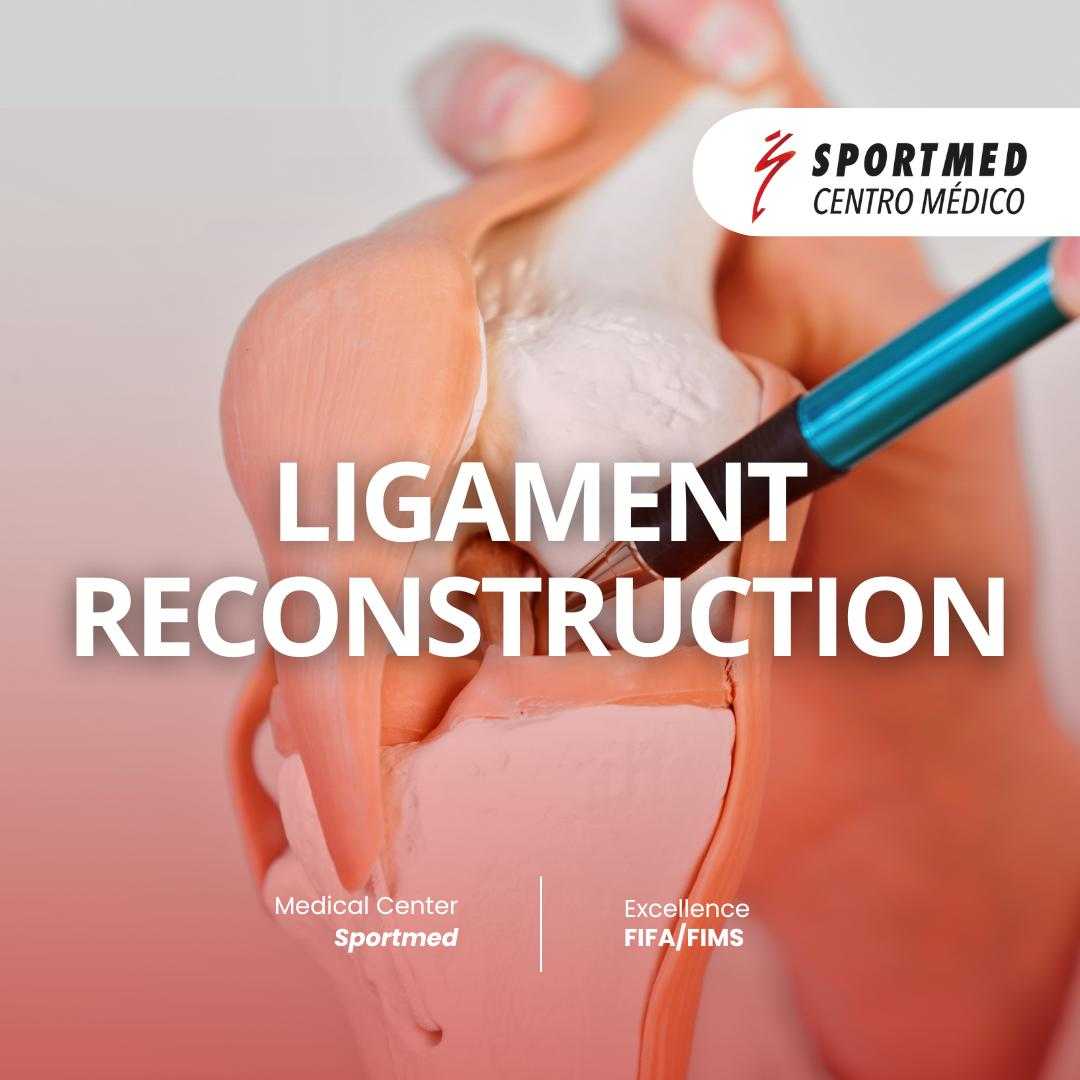



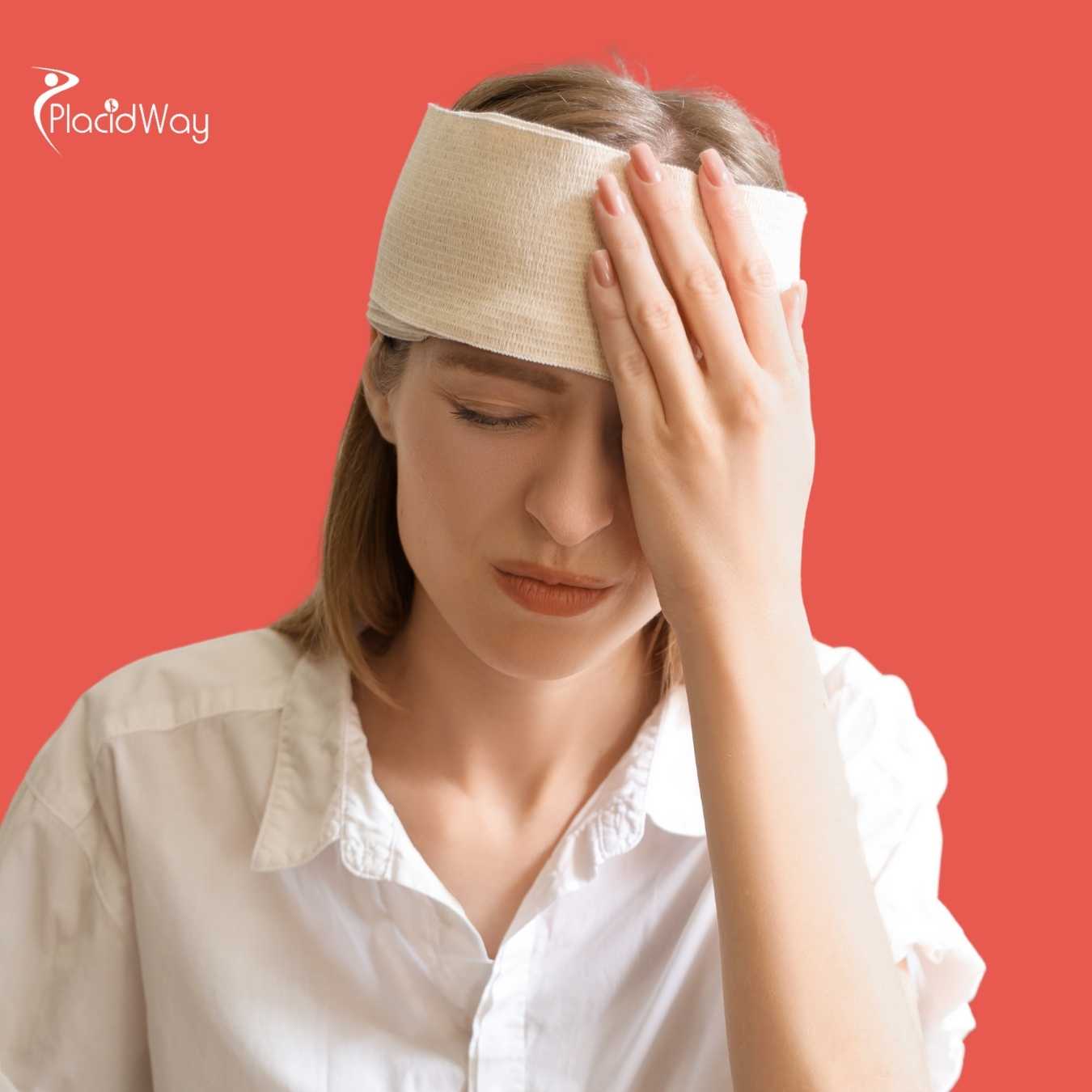
.jpg)
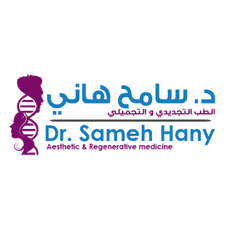
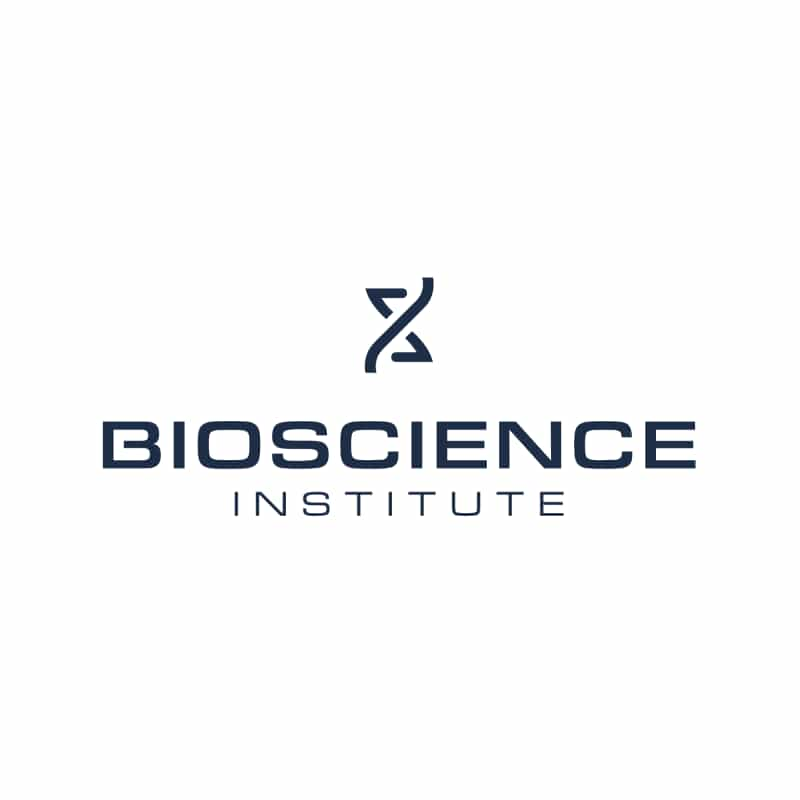
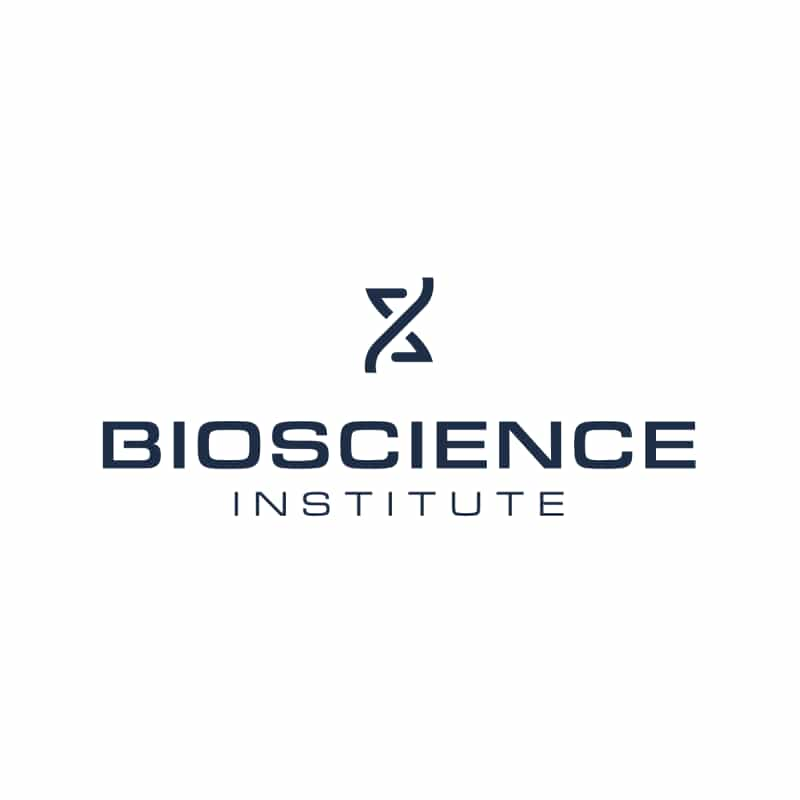

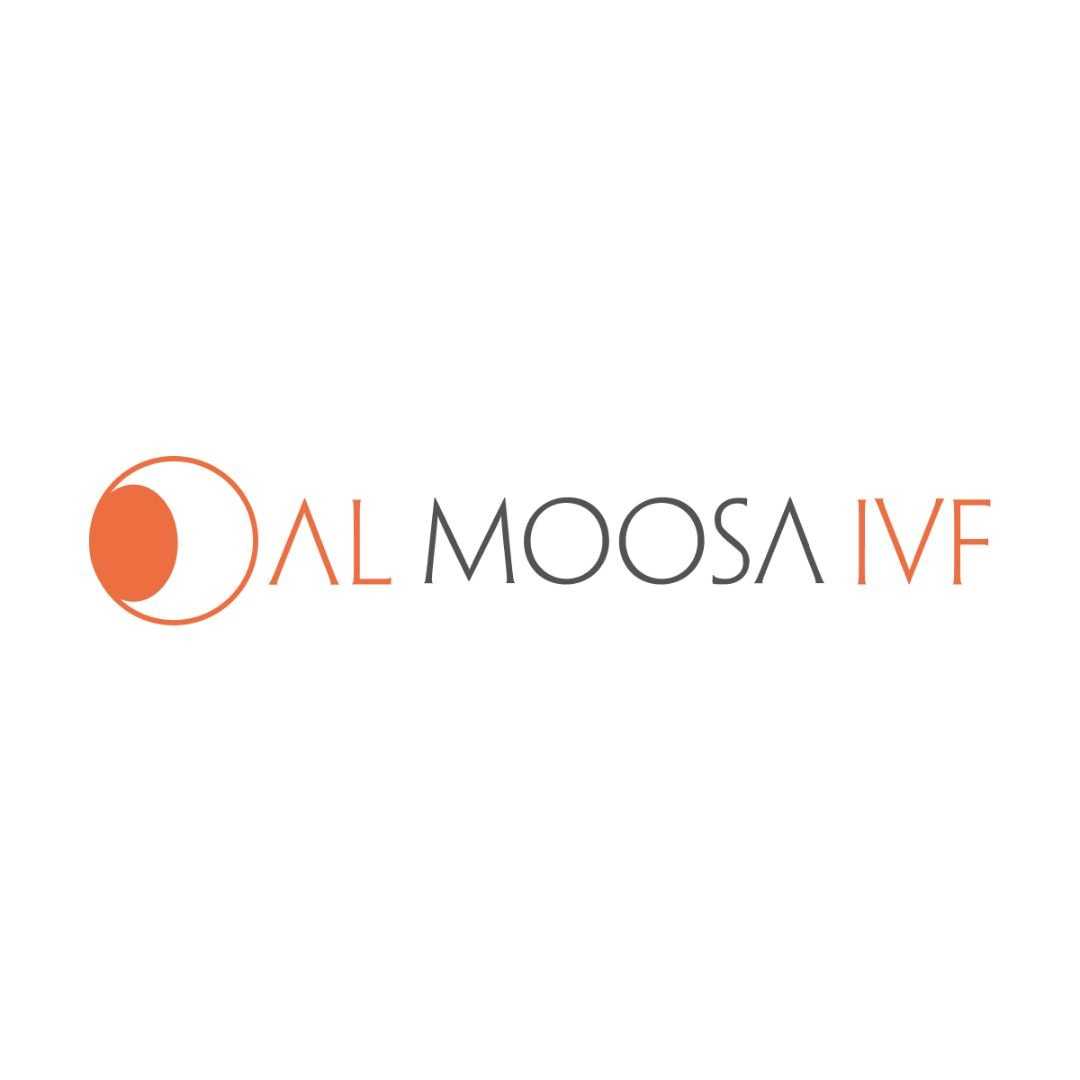

Share this listing